You Can’t Cheat an Honest Man (1939)
“You can’t cheat an honest man. Never give a sucker an even break or smarten up a chump.”
|
Synopsis: |
|
Genres, Themes, Actors, and Directors:
Response to Peary’s Review: … and most larcenous as a one-step-ahead-of-the-sheriff circus owner named Larson E. Whipsnade.” Peary notes it’s a delight watching Fields “gypping customers and employees out of money, doing a terrible ventriloquism act: … selling front-row seats ‘right next to the elephants,’ talking about snakes in genteel company, playing a wild ping pong match: wrestling a little girl”, and interacting “with his idiot assistant, Grady Sutton.” As Peary points out, however, “too much time is given [to] Edgar Bergen, not only for comedy bits with Charlie McCarthy and Mortimer Snerd… but also for some romance with Constance Moore, Whipsnade’s surprisingly sensible daughter.” One most definitely “becomes impatient during Fields’s absence.” While it’s fun to see the famous ventriloquism act on screen for a few minutes, they quickly wear out their welcome. Redeeming Qualities and Moments: Must See? Links: |
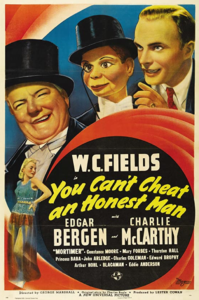
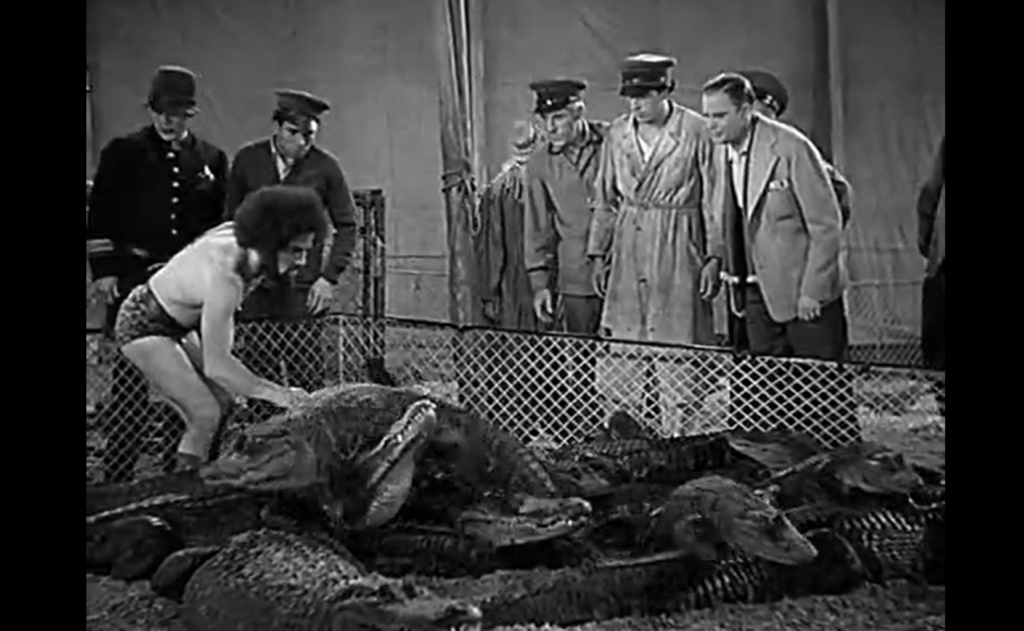
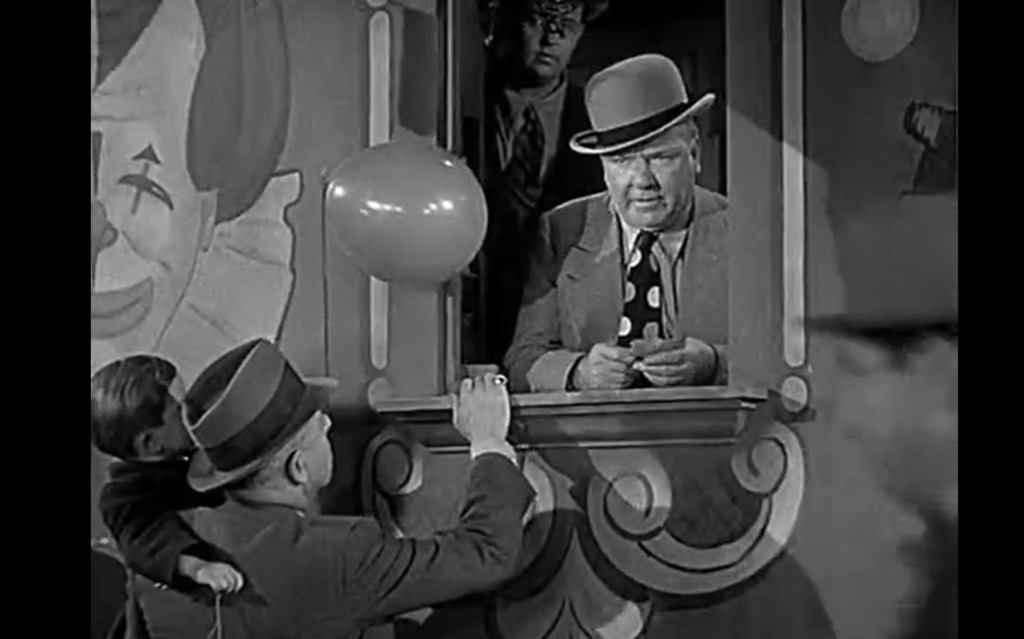
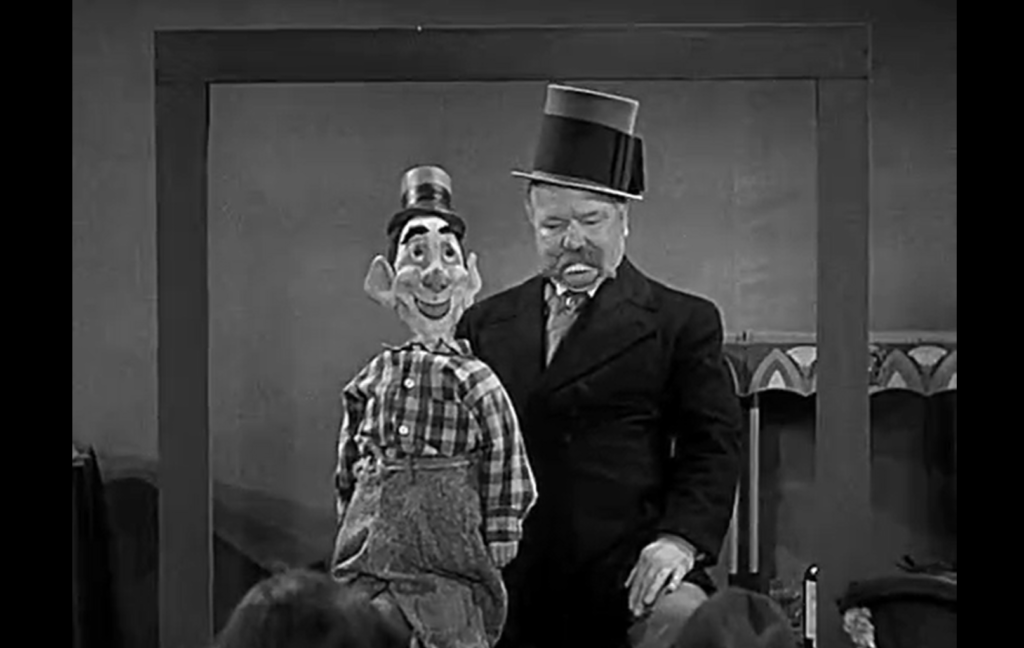
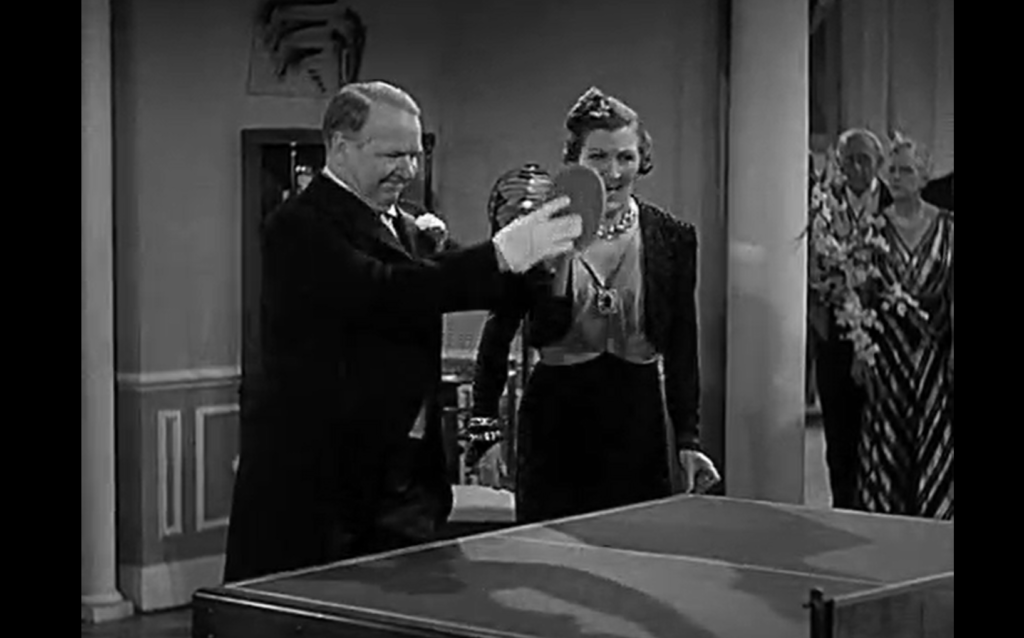
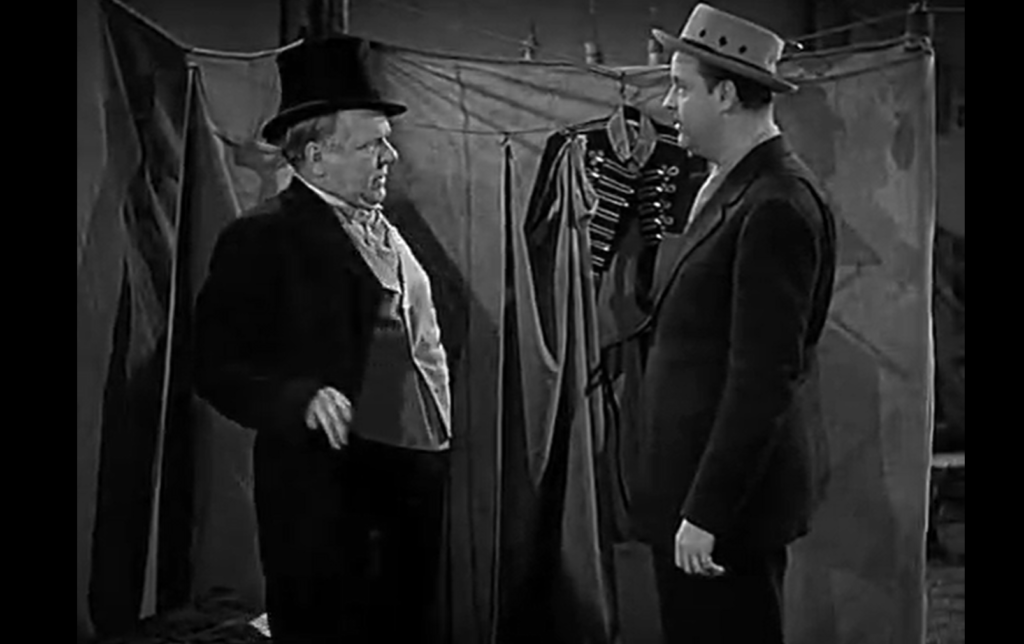
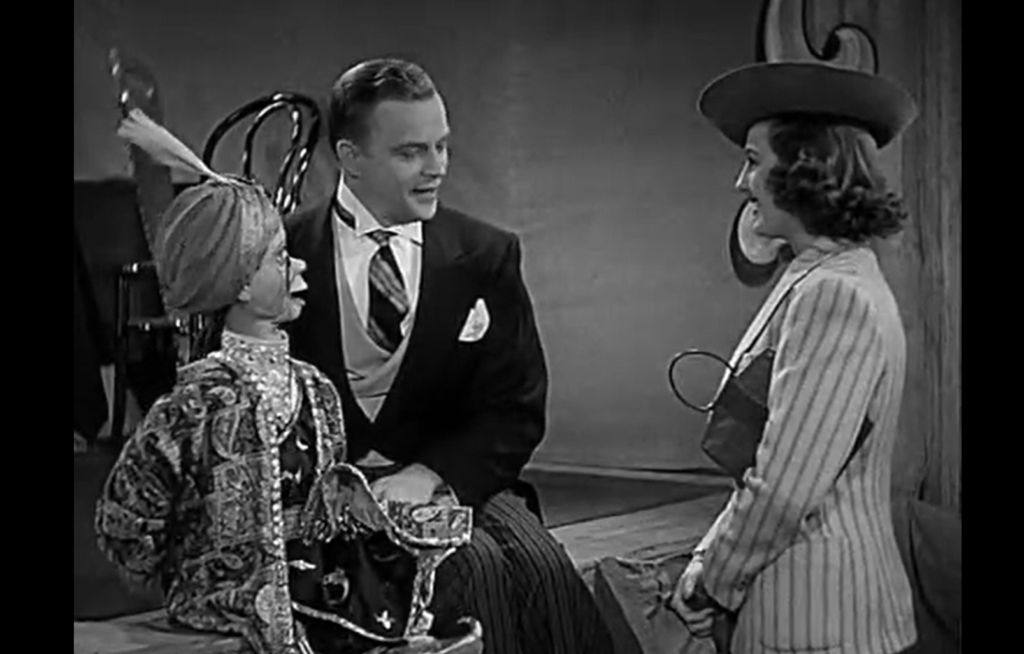
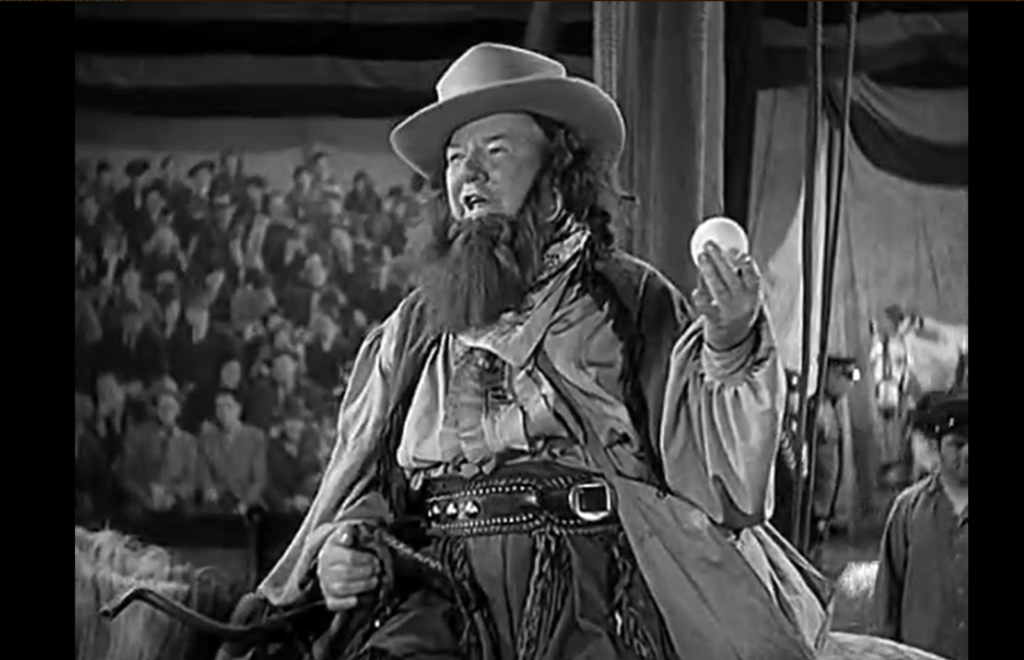
3 thoughts on “You Can’t Cheat an Honest Man (1939)”
Not a must.
Here I go again with my rant on what constitutes ‘comedy’. …Now that I’ve said that, I won’t rant (and belabor the obvious). Except to say that, to me, comedy can become dated – and this Fields flick has done just that. I see no element of surprise here and find the thing wearisome.
However, in the film’s defense – and as the assessment indicates – when it comes to comedy, it’s also true that personal taste dictates what one finds amusing. Die-hard Fields fans may very well be delighted. I’m not an overwhelming Fields follower. I know I like him in a few films – this isn’t one of them.
I did perk up slightly at the somewhat-inventive ping-pong sequence near the end. That aside, however, I pretty much couldn’t wait for this to be over.
I would be curious to revisit this one and see how I react at this point; it’s now been five years since my review, and my attitude towards Fields has (strangely enough) shifted. What I once found delightful I now often find tiresome.
What’s particularly odd to me is not all that many years have passed since the time his antics uniformly tickled me. Could it be simply that Peary includes SO MANY FIELDS titles in his book that I’ve become both inured and overwhelmed?
Difficult question to answer. I’ve no idea.
There can be so much to consider when we assess the work of directors/writers/performers. Sometimes we just click with a particular artist and are rarely disappointed by what that person creates. Sometimes we don’t particularly click with someone at all but we recognize when we can make an exception because the person has created or been part of a piece that resonates with us. And other times, no matter what, we just can’t appreciate a particular artist at all, no matter what he/she does.
In posting, I feel my main obligation is to report what I think works or doesn’t. That decision will most often be subjective, though I try to recognize when I’m being much too subjective towards something that does have genuine merit but just ultimately doesn’t work for me personally.
Fields is a good case in point. As I said, I’m not a big fan. However, I’ve seen him in a few things I’ve liked – but more than that, I’ve seen him when I feel he is at his best. So, in that case, or those cases, I’m not willing to settle for anything less from him, generally.
That said, hundreds of comedies have been made to suit the masses – and we all know that the masses quite often demand a lot less from artists. In fact, such audiences can resent it if what they’re watching is in keeping with too high a standard. Artists often know that, and often make films that are way below their talents but make lots of money (look at Steve Martin).